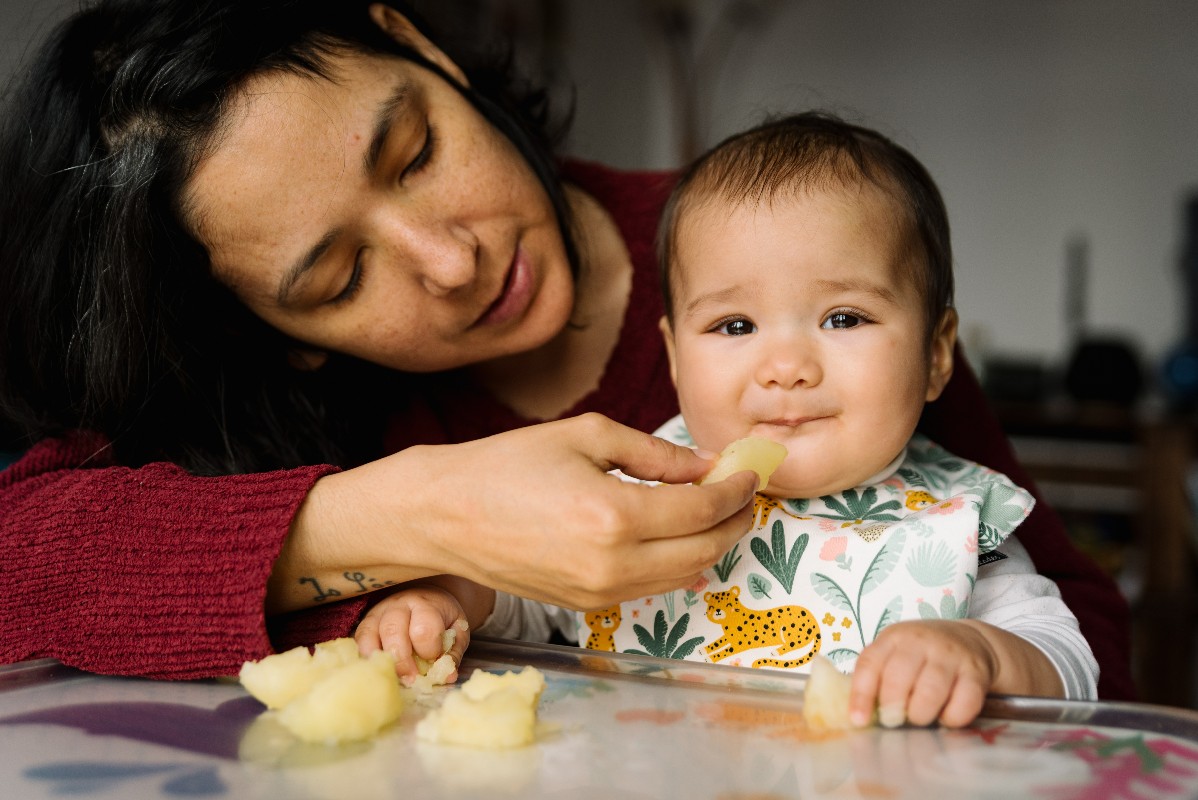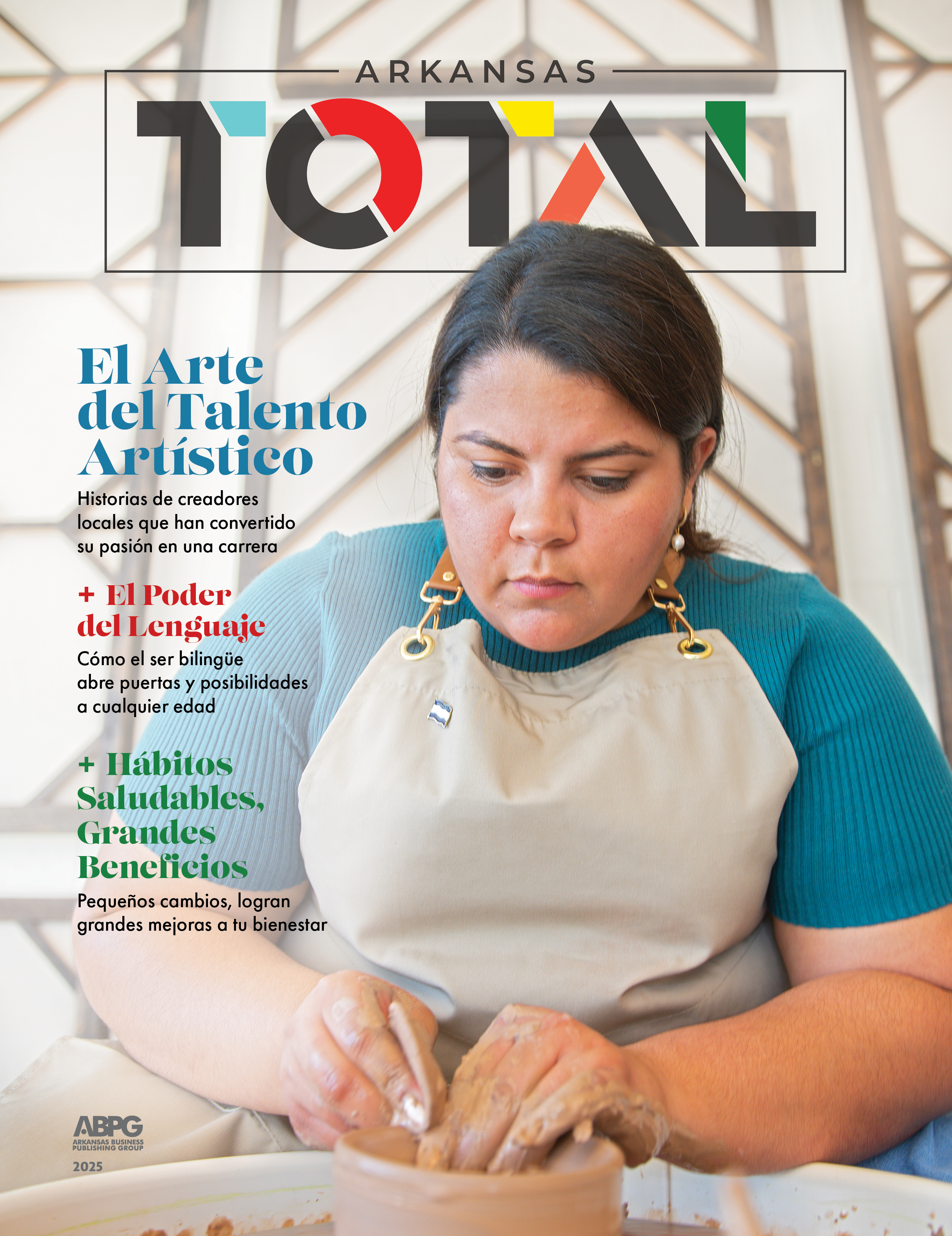Healthy Start: Q&A with Dr. Eduardo Ochoa

También puedes leer este artículo en español, Un Comienzo Saludable: Q&A con Dr. Eduardo Ochoa
Dr. Eduardo Ochoa, a pediatrician and professor in the Department of Pediatrics at UAMS, has spent over 25 years working with families, especially in migrant and underserved communities. In his experience, proper nutrition starting in pregnancy plays a critical role in a child’s physical and cognitive development.
When should mothers start thinking about their child’s diet?
“Maternal nutrition is incredibly important during pregnancy because brain development begins before birth,” Ochoa says.
According to the U.S. Department of Agriculture’s MyPlate guidelines, healthy choices during pregnancy include fruits, vegetables, whole grains, protein-rich foods and low-fat or fat-free dairy. A balanced diet should also include a variety of protein sources such as seafood, lean meats, poultry, beans, lentils, nuts and eggs.
What are the most important nutritional needs during and after a baby’s first year?
For those for whom it’s possible, Ochoa emphasizes the importance of breastfeeding during the first year of an infant’s life.
“However long a mother can breastfeed is beneficial for both her and the baby.”
After the first year, Ochoa recommends gradually introducing solid foods using simple, natural ingredients like fruits, vegetables and fresh meats. “This isn’t the time to start feeding the babies with something they don't need, like sugary drinks or processed snacks.”
For children older than 1:
- 5 daily servings of fruits or vegetables
- 2 hours or less of screen time per day
- 1 hour or more of physical activity
- 0 sugary drinks

What common misconceptions do some parents have about child nutrition?
Dr. Ochoa highlighted new research that supports introducing potentially allergenic foods — such as eggs and nuts — early on: “Introducing these foods in the first year can reduce the risk of developing food allergies later in life.”
One frequent concern he sees in his practice is excessive milk consumption in toddlers. “Many kids two or three years old are drinking 30 or 40 ounces of milk a day — that’s far more than they need and can lead to unhealthy weight gain,” Ochoa says. He recommends gradually reducing milk intake as children grow and offering mostly water throughout the day.
What healthy habits should families establish at home?
Dr. Ochoa stresses the importance of building routines, offering healthy snacks, avoiding late-night eating and seeking professional help when needed. “You have to work a little to see what the child is willing to eat — tastes change, and not everything works on the first try.”
What role do physical activity and daily routines play in a child’s health?
Ochoa says a wholesome diet is only one part of good health in children. He also emphasizes the importance of physical activity. “A more active life is always better. Get them outside, get them into sports, limit screens and keep consistent routines for sleep and meals — these habits can make all the difference for their long-term health and well-being.”
Give Your Child a Head Start in Life
The University of Arkansas for Medical Sciences offers the UAMS Head Start and Early Head Start programs to children 6 weeks to 5 years of age. The federally-funded program provides comprehensive early childhood education and support for low-income and struggling families.

